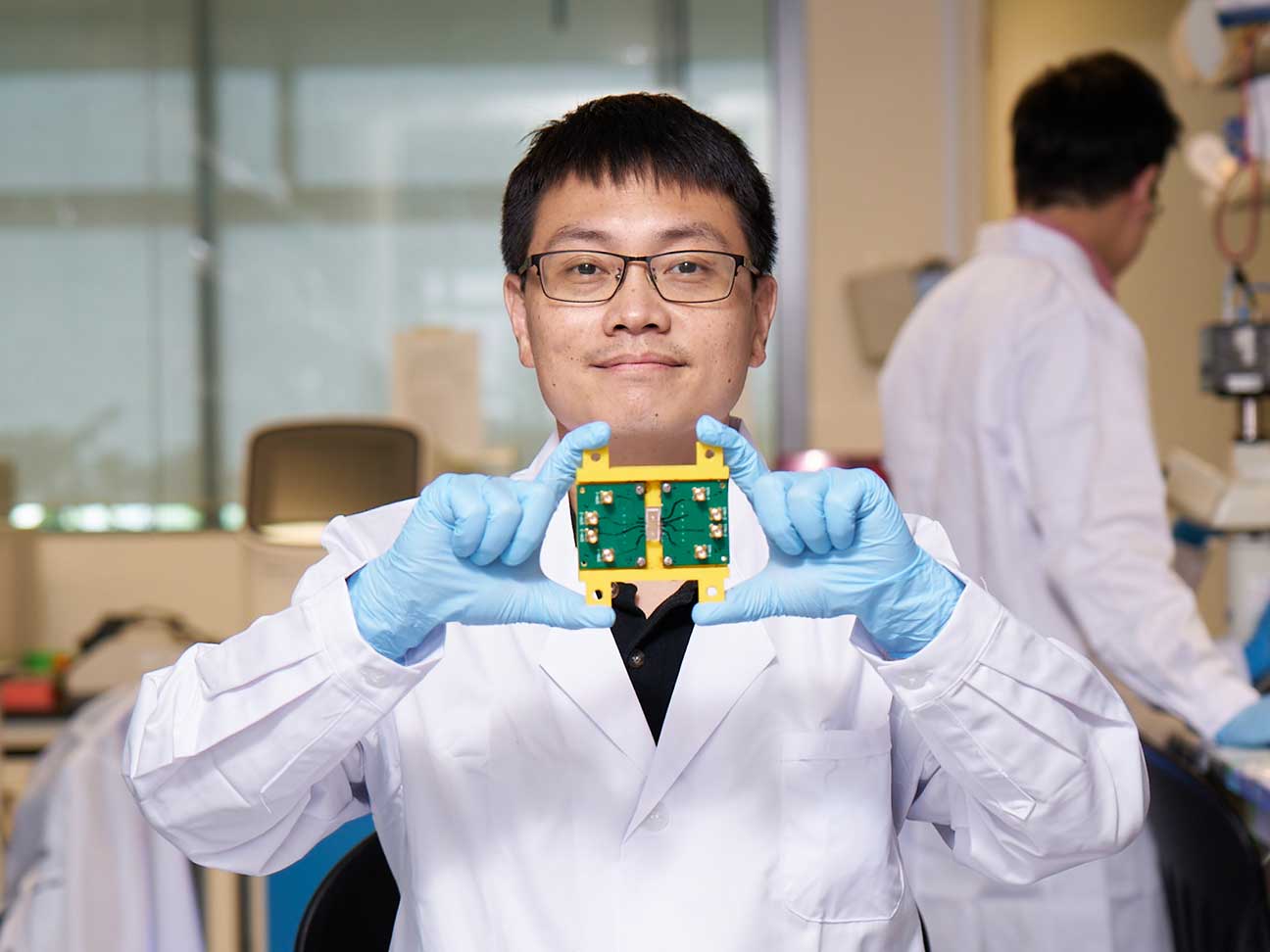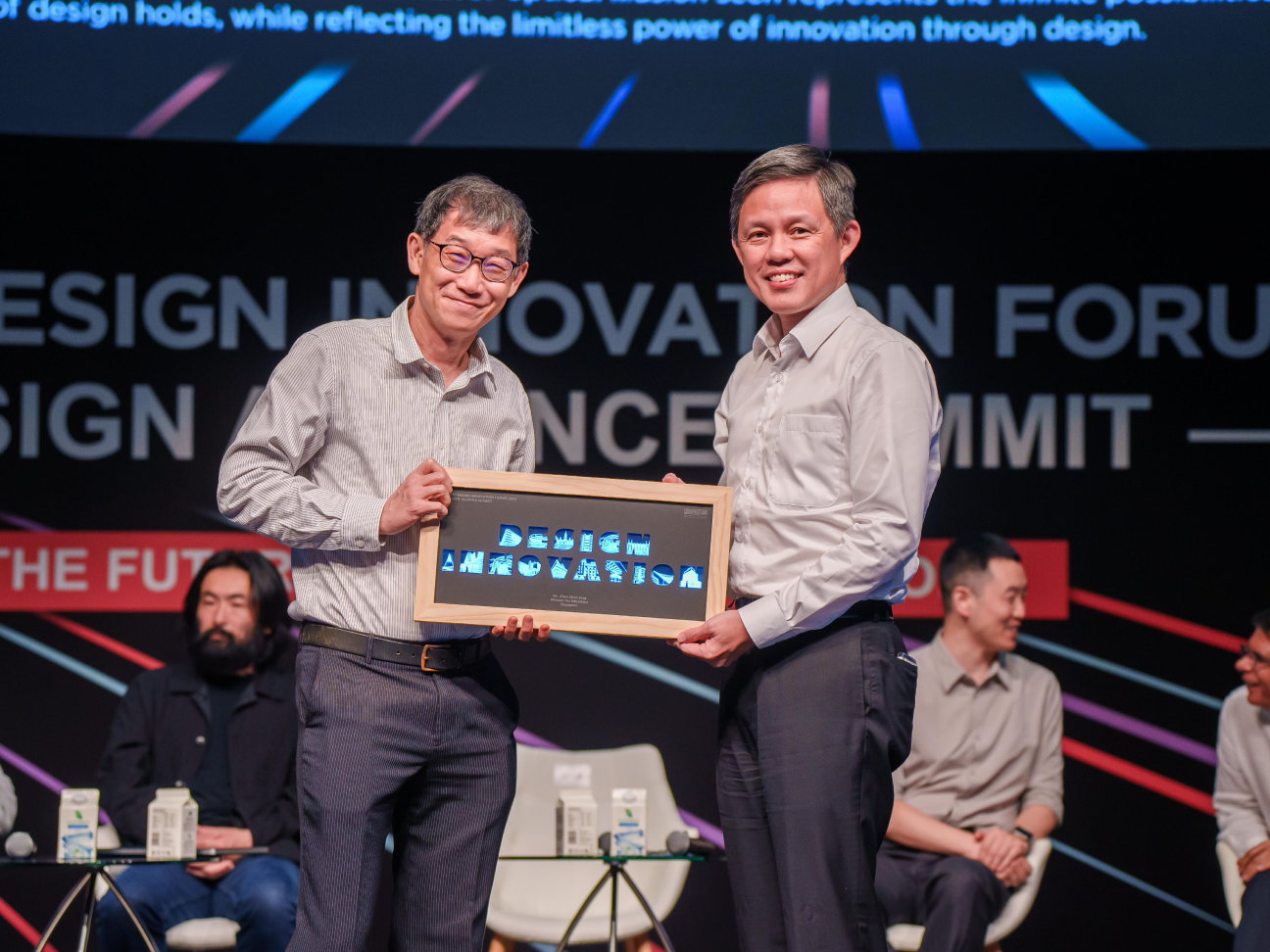Events
Building Machine Learning Solutions: A Working Backwards Approach
Abstract Working Backwards is Amazon’s process of discovery and invention that delivers customer delight. Whether it is research or product building, at the Generative Al Innovation Center, AWS, we take a working backwards approach starting with the user/customer. This talk will discuss the different stages of this working backwards approach to research and building a production ready machine learning (ML) solution.
GPT-Legal (Long Text Summarization)
GPT-Legal (GPTL) is strategically poised to elevate the capabilities of LawNet, a widely endorsed platform that serves as the cornerstone for legal research for an impressive 75% of Singapore’s legal practitioners.
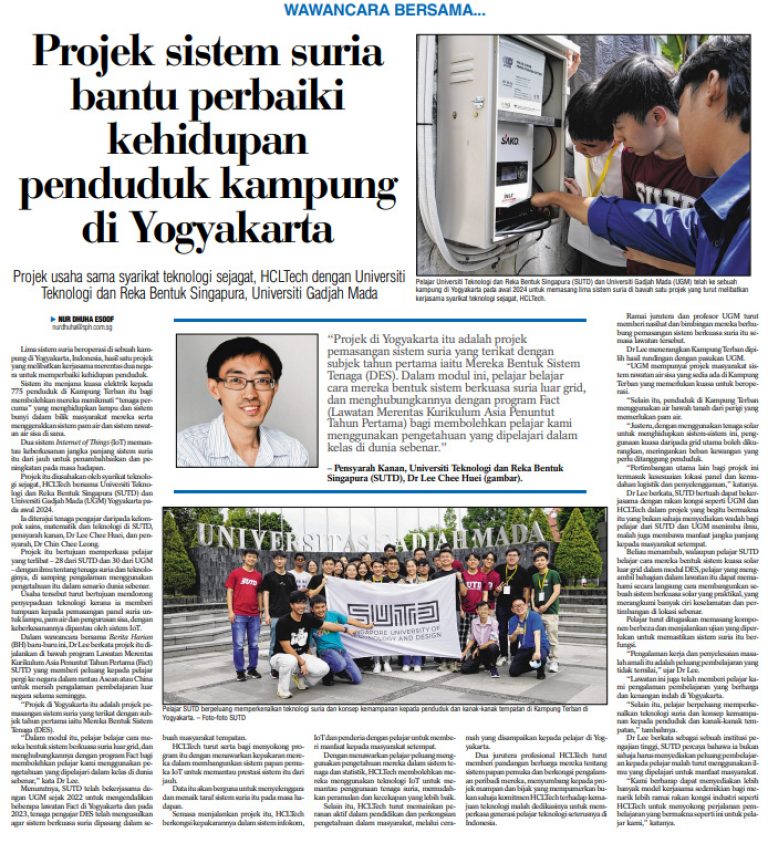
Dr Lee Chee Huei and Dr Ching Chee Leong Featured on Berita Harian
Berita Harian published an article about a solar system installation project that helps improve the lives of villagers in Yogyakarta. The project was part of SUTD’s FACT programme in collaboration with HCLTech and Gadjah Mada University Yogyakarta. Dr Lee Chee Huei and Dr Ching Chee Leong led the trip.

Fortifying Email Security though Email Authentication
The sharing will delve in email threats with the local landscape, illustrating the various challenges and vulnerabilities faced.
Festival of Ideas in the Humanities and Social Sciences: “How the humanities and social sciences can help us hack the STEM fields”
Festival of Ideas in the Humanities and Social Sciences: “How the humanities and social sciences can help us hack the STEM fields”
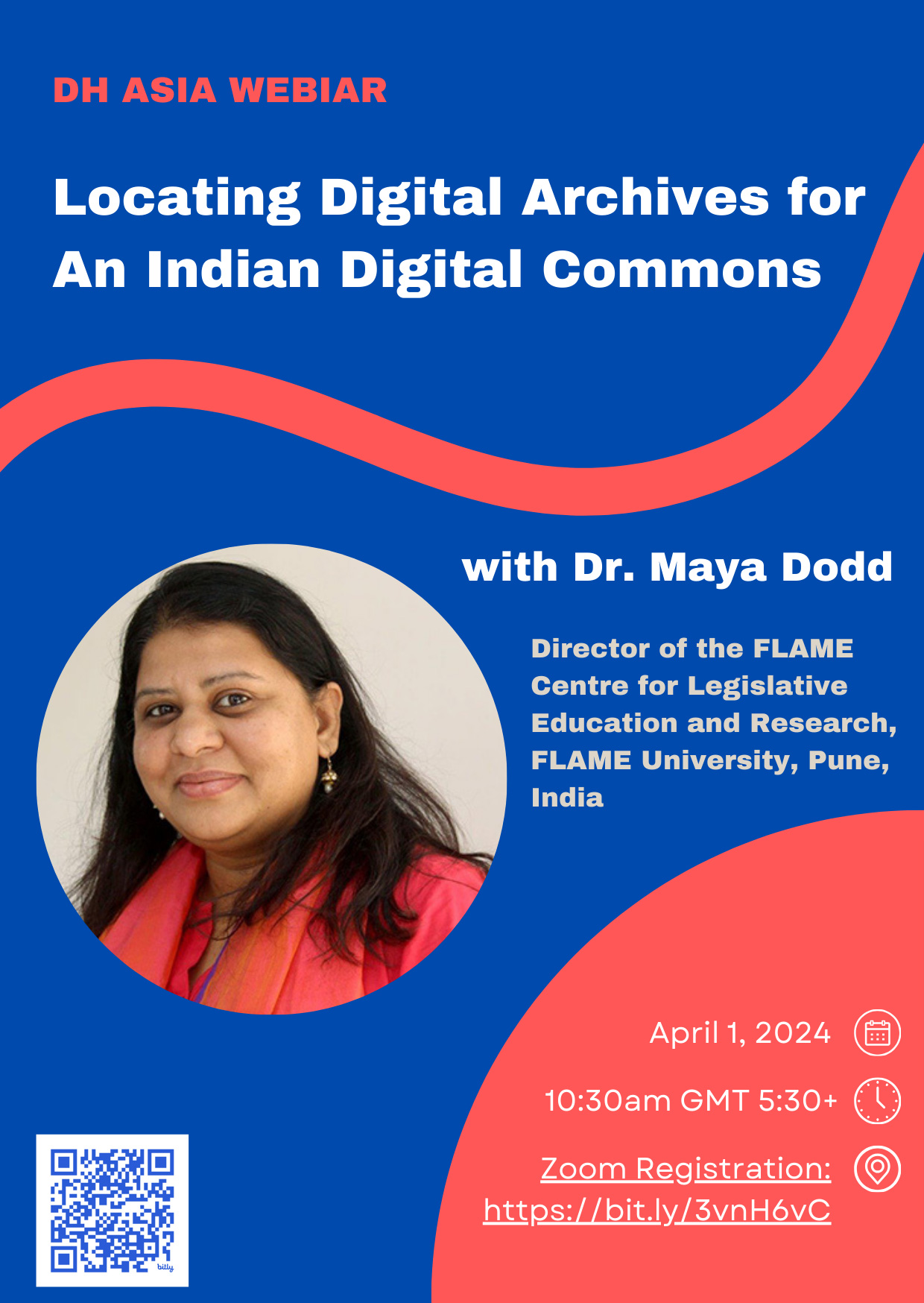
DH Asia Webinar Series: “Locating Digital Archives for An Indian Digital Commons” by Dr. Maya Dodd
DH Asia Webinar Series: “Locating Digital Archives for An Indian Digital Commons” by Dr. Maya Dodd

Introduction to fluid simulations based on the Wave Equation
The lecture provides a brief overview of partial derivatives, scalar & vector fields, as well as applying operators on them. Using the Wave Equation, it is demonstrated through a practical example how a partial differential equation can be numerically solved on the GPU to achieve a water simulation.
Technical Challenges in Autonomous Driving
There has been a lot of technical advances in autonomous driving technology since the 2007 DARPA Urban challenge. The gaps to a wide-scale commercial deployment have certainly narrowed in the past 17 years. Unfortunately, these gaps remain. The benefits to society remain clear, especially for fast growing cities.
LKY CIC Brown Bag Lunchtime Talk: “Human Smart Cities, Data Visualisation and Citizen Engagement”
Synopsis The abundance of data has promoted a technology-centric view of a Smart City. Human Smart Cities emphasise the role of citizens, their needs and
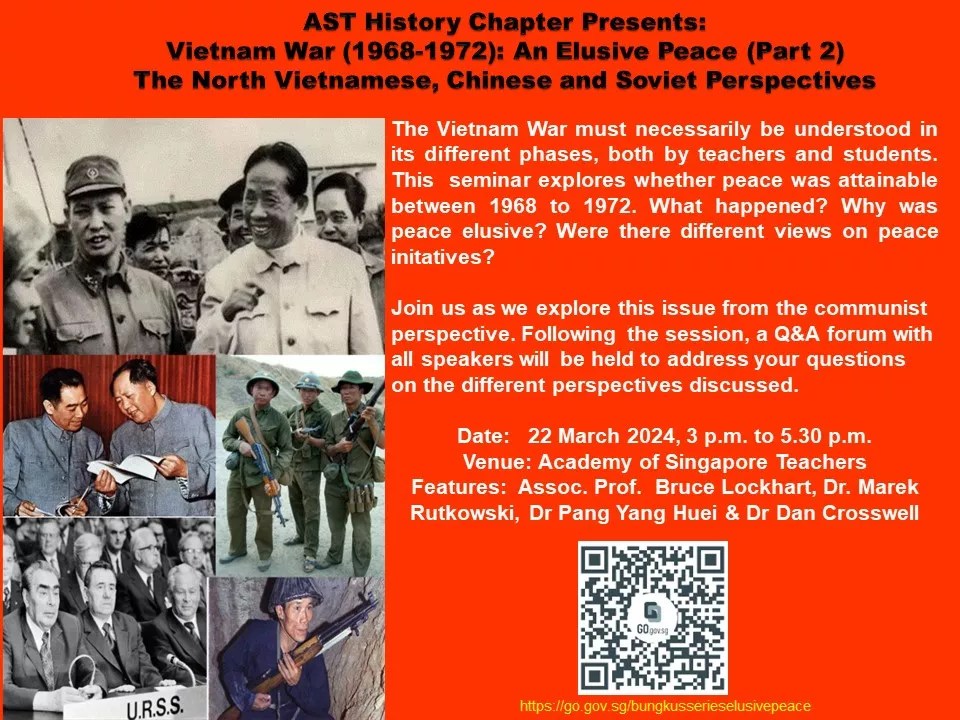
Dr. Pang Yang Huei’s Presentation with the Academy of Singapore Teachers
Dr. Pang Yang Huei’s Presentation with the Academy of Singapore Teachers



